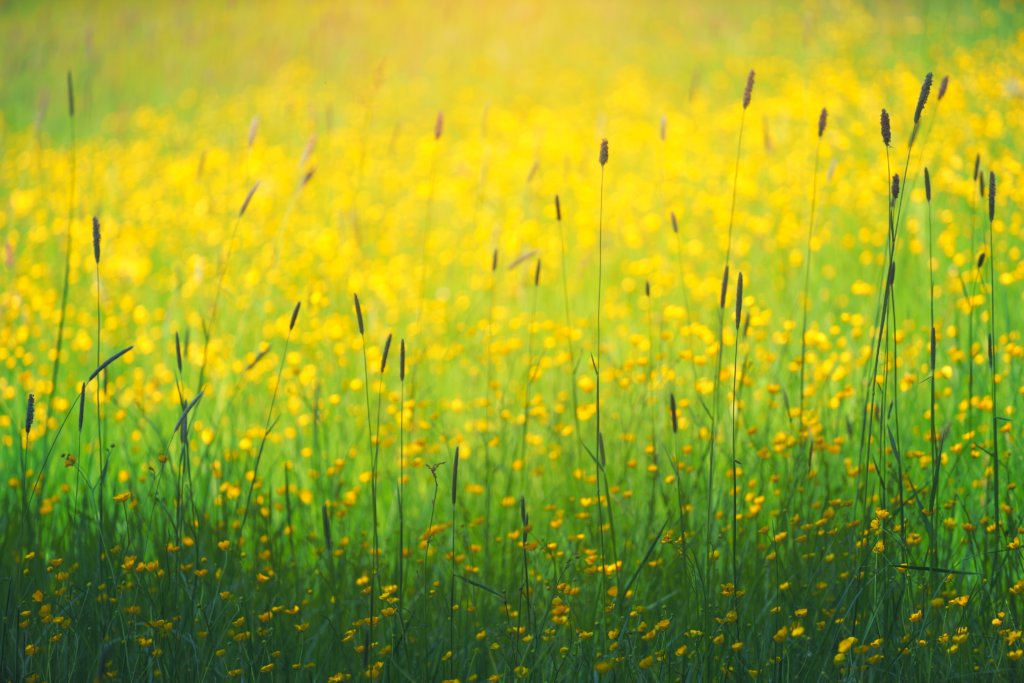I’m sick right now so I can’t guarantee the eloquence of this post, but I wanted to write something anyway because I feel passionately about this topic. I’m observing a few things going on in the world right now. Tension is high. People are pissed, rightly so, at all the injustice running rampant. I’m not a sexual assault survivor, but I was also affected by the Ford-Kavanaugh hearing. To listen to so many horrible stories from people and to witness some of the reactions to them didn’t make me feel good. Everyone wants to feel seen, heard, and respected and when we’re not, it’s painful.
I also notice people in power are pissed too. Again, one only has to look at Kavanaugh’s testimony to see that. He didn’t show up to the hearing contrite. He showed up belligerent, denying all accusations. The New Yorker ran an opinion piece declaring the Ford-Kavanaugh hearing will be remembered as a “grotesque display of patriarchal resentment.”
These are the times we’re living in. From an astrological perspective, there’s a whole lot of “othering” going on, as in separating from others, erecting boundaries, and dehumanizing people. Astrology is not causal, it’s instead like a map, and in this instance, we as a society are demonstrating the disintegrated version of the Saturn:Pluto transit. Othering is not limited to sexism, its showing up everywhere. It shows up in the treatment of people of color, in immigrants, of the LGBTQIA community. Anyone who doesn’t fall into the majority is subjected to “othering.” What’s interesting for me to notice though is even those who are privileged and in the majority are not immune to being “othered.” I read an exchange on facebook where a white man posted something he thought was supportive of the #metoo movement and a woman blasted him for it because she thought otherwise. She said instead his post played into patriarchy, that he is part of the problem, that he’s another privileged white dude perpetuating the disempowerment of women.
I get where people are coming from and at the same time I’m reminded of a quote someone shared on facebook that struck me as relevant for the times we’re living in: “If you don’t heal what hurt you, you’ll bleed all over the person who didn’t cut you.” Yep. Lots of bleeding right now. Lots of hurt people walking around. We are all taking out our pain on each other.
What is the solution here? The solution I think is three-fold: One, to heal what hurt us, whatever that looks like. Two, I think it’s important to practice empathy, to understand the perspective of all our siblings. We don’t all have the same experiences, but we all have the same needs. There is more that binds us than divides us. Lastly, as philosopher P.R. Sarkar writes in his book, The Liberation of Intellect: Neohumanism, “You will have to carry the collectivity with you, because the collectivity is yours. The collectivity is not outside you – your future is inseparably connected with the collective fortune. You must take the entire collectivity with you and move toward the sweetest radiance of the new crimson dawn, beyond the veil of the darkest night.”
We are a collective, moving together. We are a universal family sharing the resources of this planet. We are like a garden filled with numerous flowers, but ultimately all a part of the same garden. Like flowers, on the surface we have different petals, different leaves. Some of us require more water and some of us require less, but we are all flowers. We all require care and attention and I truly believe we can make it so.
I dream of a world where we all work together to take care of each other. A world where we seek to understand our kith and kin. A world where we remember we have more in common than we might believe. A world where we realize there is no “other,” only us.
Another world is not only possible, it’s probable.
A few weeks ago I flew back to North Carolina. I visited the place of my childhood and found everything to be slightly familiar, but altogether vastly different. My childhood home burned down and in its place stood tall trees, grass, and shrubs. My elementary school also no longer exists. My favorite place (the library, of course), closed and moved to a new location. Walking around I couldn’t comprehend all the changes because in my mind, things stayed exactly the same. It’s a dangerous thing to only live in your head and not see reality for what it is.
I think part of what we’re experiencing here in the U.S. is the dichotomy of delusion and reality. On one side, we have people (like those in power) who lie ceaselessly, who convince themselves something is true when it’s false. My sister reminded me during our North Carolina visit that we live in a post-truth world. That’s why we have such a thing as fake news. It’s nothing new, propaganda has existed for ages, but now we’re seeing it more and we’re fighting it more. It’s important for me as a journalist and a yogi to stick to the truth as closely as possible.
In Sanskrit, the unchangeable entity is Sat. The external manifestation of Sat is satya, or benevolent truthfulness. My spiritual teacher said, “Only satya or truth triumphs and not falsehood. Whenever there is a clash between truth and untruth, truth’s victory is inevitable. … Untruth, being a moving phenomenon, may attain a temporary victory on its march, but never a permanent one. … Falsehood does not win because it is relative, it is ever-changing.”
I bring this up because I think it’s important to acknowledge a truth about the United States. With every atrocious thing spewing from the current administration, people say, “This isn’t the real U.S. This isn’t the U.S. I know and love.” Oh, but it is my friends.
As much as we don’t like to admit it, the United States was founded on horrors similar to what we’re seeing now. We decimated Native American tribes. We regularly separated black people from their families under the guise of economic progress. Our country, the land of the free and the home of the brave, always carried a footnote, which is those things were true only for some. Our current president is carrying on the imperialist tradition. That’s not to say all Americans feel the way he does. It’s also not to say the U.S. hasn’t made great strides in equality for people of color, for women, for various sexual orientations, etc., because it has. But it would be disingenuous to say the behavior of the people in power in the current administration is “un-American.”
What does this have to do with my visit to North Carolina? Being there I gained more perspective of my past and was able to see a fuller picture. I finally saw the truth, and as the saying goes, the truth set me free. I’m grieving all that I lost, but first I had to see it. Until we collectively recognize our country’s racism, sexism, and prejudice, we’ll never be able to move forward. Until we see our true selves, our true past, we’ll never be rid of it. We’ll never be free.
My spiritual teacher is an optimist, and so am I. I know one day we will all be free. That no matter our immigration status, the color of our skin, our gender, our sexual orientation, or anything else, we will receive equal treatment. But first, we have to tell the truth.
I dream of a world where we remember the truth will prevail. A world where we stamp out falsehood and come to grips with reality. A world where all people are treated with love, kindness, and respect. A world where each person is valued for the beautiful and precious beings they are.
Another world is not only possible, it’s probable.
This week I’ve contemplated the internalization of “-isms” such as racism, sexism, and classism. These are the ways that we’ve accepted our inferior or superior status. For me, I’ve realized how much the way I view writing and reading is tied to patriarchy. And maybe intellectualism. I like women’s fiction, also called chick lit. Think Bridget Jones’s Diary or Confessions of a Shopaholic. Those aren’t my favorite books, but I mention them because Hollywood turned them into movies so they’re more well-known.
I feel a sense of shame mentioning chick lit is my favorite genre because it’s looked down upon. It’s not serious or somehow “worthy.” In Joanna Russ’ book How to Suppress Women’s Writing, she mentions the various ways women are discouraged from writing. It’s assumed women didn’t write the things they did, or they channeled something outside of themselves, or they are judged more harshly for writing about the same things as men. In other cases, women are told they shouldn’t have written the things they wrote. There’s a notion certain subjects are more acceptable and worthy of acclaim than others, and wouldn’t you know it, those topics are most often addressed by men.
Love stories by women and for women are disparaged. I’ve internalized that viewpoint so much that a part of me doesn’t want to tell you I’m writing a love story because it’s not serious enough. It’s no Moby Dick, it’s not the next Great American Novel, and a part of me worries what other people will think of me. I’m not looking for reassurance here, I mention all this to demonstrate how subtle “-isms” are. Until I read Russ’ book, it didn’t occur to me that perhaps my perspective on women’s writing, including my own, was skewed by patriarchy and sexism. I didn’t question why working on my book felt a bit like a furtive teenager stealing liquor from her parents’ stash.
My spiritual teacher says, “In the existential sphere there cannot be any sort of complex, and our social order should be such that there remains no room for any complex. We have to make such a social order and we have to make it immediately without any loss of time.”
By complex he means inferiority complex, superiority complex, or fear complex. To paraphrase, he says we are all divine children of God, no one lesser, and no one greater. I’m not doing myself any favors by thinking the things I’m writing about are drivel because they primarily interest women. It’s more helpful for me to address not only the obvious forms of “-isms,” but also the subtler, concealed ones as well. Only then can we create a world we wish to see.
I dream of a world where we examine the ways we’re contributing to “-isms” internally. A world where we question why we think certain things are true. A world where we recognize and work toward the notion no one is better or worse than any one else.
Another world is not only possible, it’s probable.


